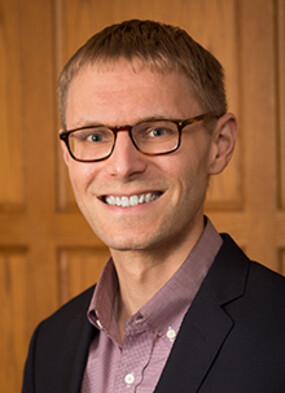Zachary Liscow is Professor of Law at Yale Law School. In 2022–23, he was the Chief Economist at the Office of Management and Budget at the White House. His wide-ranging work in law and economics currently covers tax policy, benefit-cost analysis, and infrastructure construction costs. He is particularly interested in developing cost-effective policies to address inequality and understanding what drives the high costs of building U.S. infrastructure. He has also worked in a variety of other areas, including environmental policy and empirical legal studies. Liscow's work has been featured in the Wall Street Journal, New York Times, Washington Post, Atlantic, Bloomberg, CNN, and elsewhere.
Liscow earned his Ph.D. in economics from the University of California, Berkeley, and his J.D. from Yale Law School. He graduated summa cum laude from Harvard College with degrees in Economics and in Environmental Science and Public Policy. He grew up in South Haven, Michigan. In 2009–2010, he was a Staff Economist at the White House Council of Economic Advisers. He also worked for the World Bank's inspector general. Liscow clerked for the Honorable Stephen F. Williams on the U.S. Court of Appeals for the D.C. Circuit.
